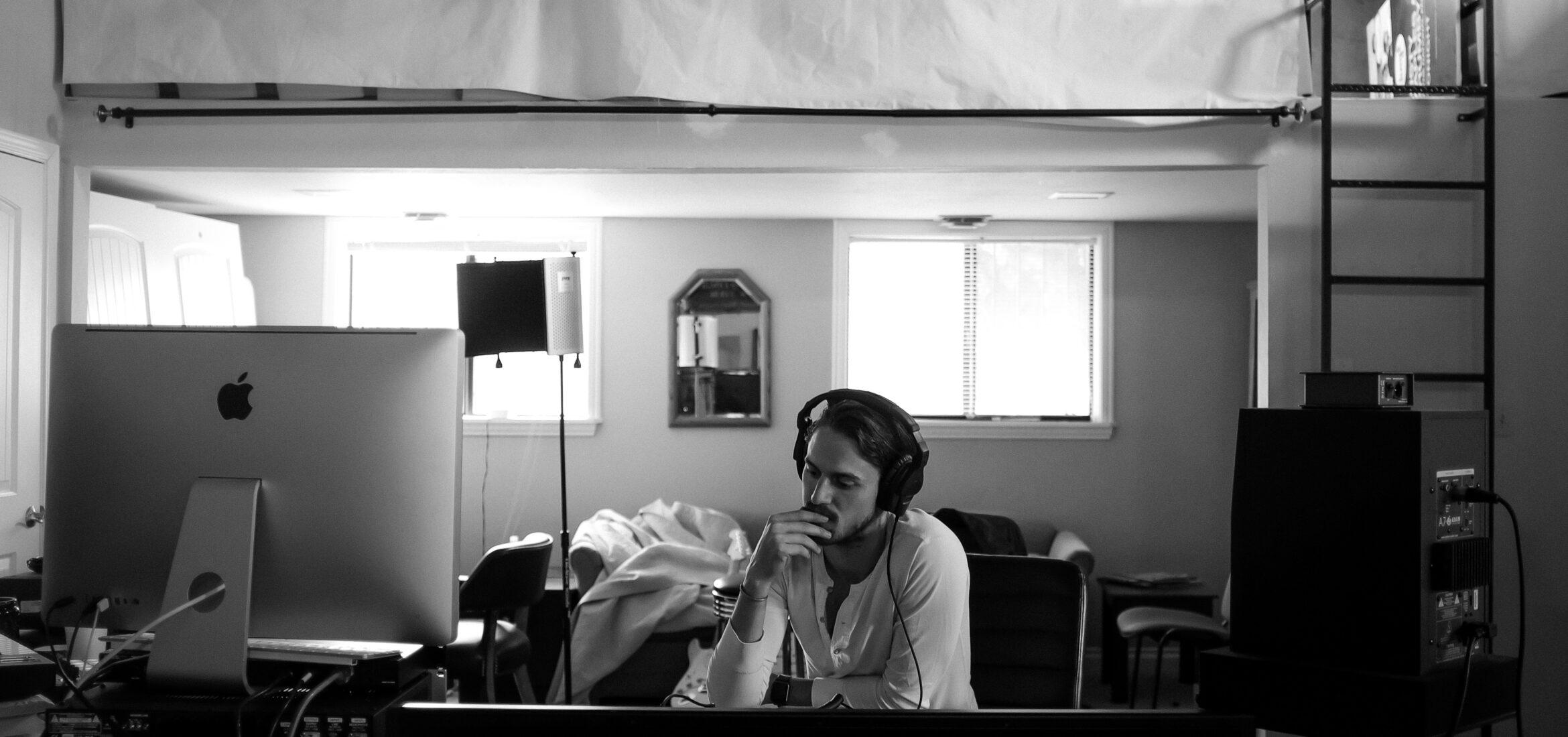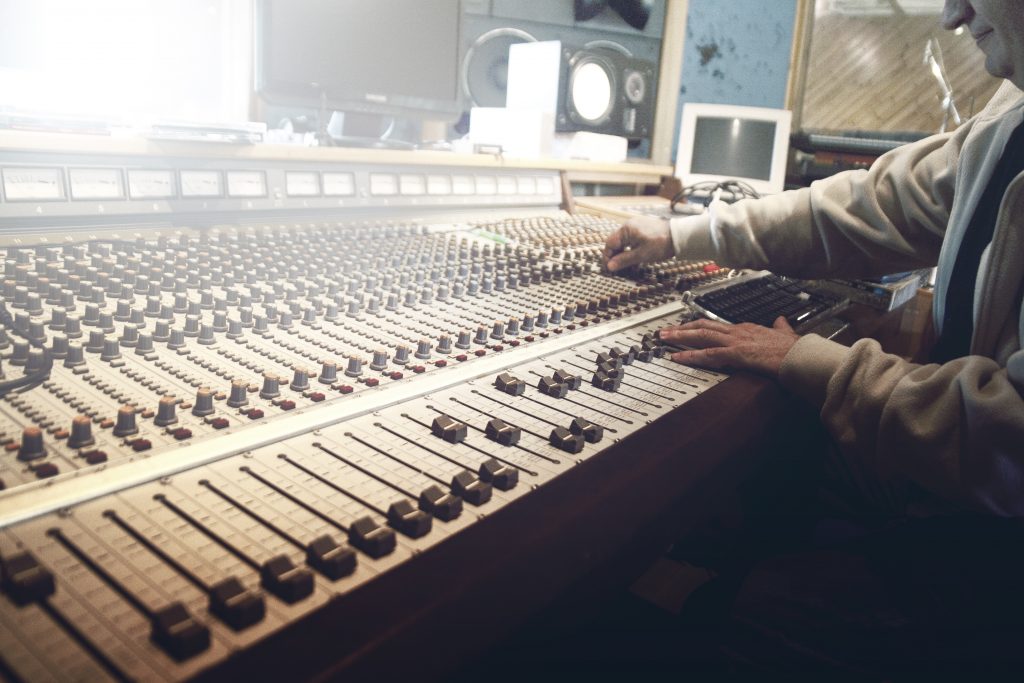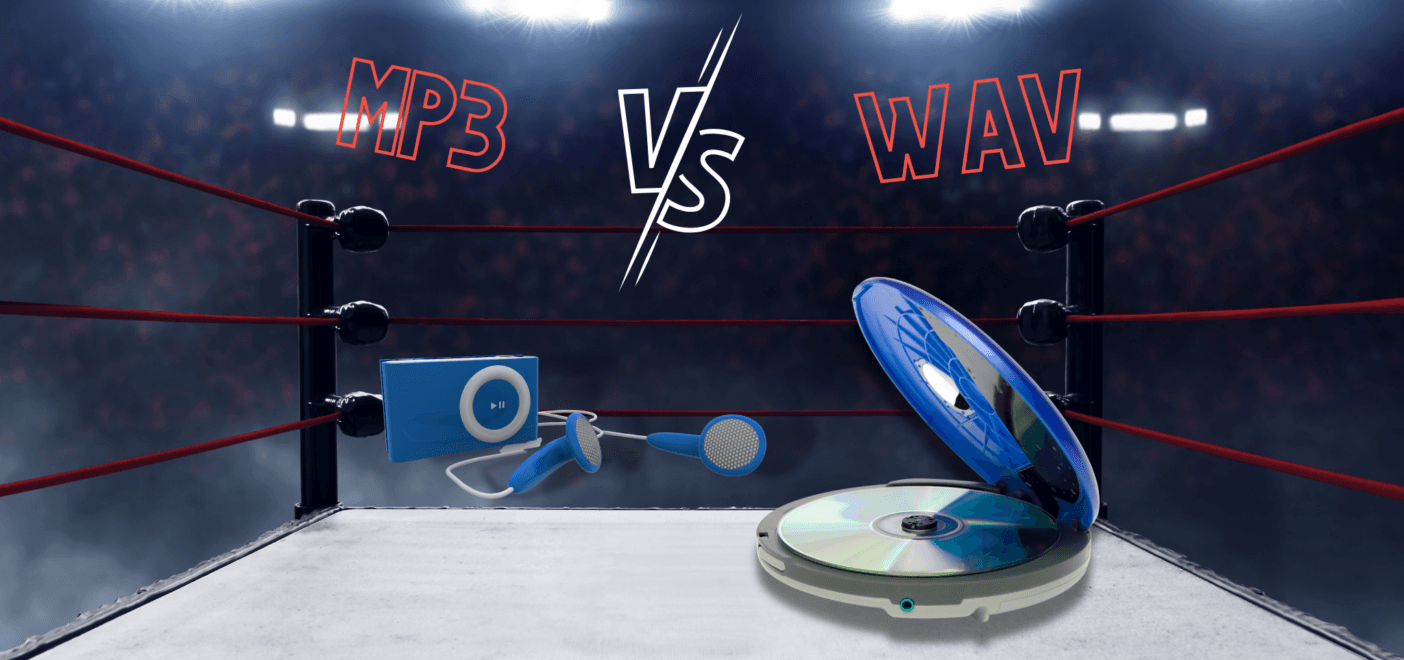While most of us recognize that mastering and mixing are two different things, it’s often a blurred line that separates them. Although distinctly different, both are equally important, and you cannot have one without the other. Audio Mixing is the stage where each of your song’s separate instruments and sounds can be treated and processed individually. They then combine into a singular stereo mixdown ready for mastering. Audio Mastering is where the stereo mixdown is enhanced, balanced, and adjusted to ensure continuity across sound systems as well as an industry-standard, release-ready sound.
What separates mixing from mastering?
Mixing is a process that takes place after all the writing and monitoring has been done. The initial mixing steps would involve marking and grouping all audio clips in a session. If a session has been prepared, you should set up the deployment procedures, such as equalization, filtering, compression, and panning, to start bringing the track to life. Initial equalization and filtering should reduce frequency masking and change the overall mix between each instrument. Compression can then be used, if necessary, to balance dynamic content.
After this, producers can apply effects such as reverb, delay, and other modulations. They are meant to give the mix a sense of space and build unique tones. Producers can also automate many of these effects to ensure correct use at any given time within the project.
Mixing should be performed on suitable studio monitors to achieve a smooth, colorless representation of your changes to the recording. The main goal of mixing is to make the project sound as good as you can. Finally, once something sounds perfect, you need to render your project. If you’re not sure how to, you can use how to prepare your track for mastering.
The mastering process
Now that your mix is done, it’s time to send the project off for mastering. A mastering service is required to obtain a mixed-down stereo WAV format ready for publishing. Slight changes will be made during the process using equalization, compression, stereo enhancement, and limiting to create your final master. These minute changes are added to ensure consistency when the music is played back on various sound systems. This consistency check ensures it’s going to sound great on your home speakers or in a major nightclub. Not only this, the music will be tailored to an appropriate standard of commercial loudness so that you can compete with the rest of the industry. But bear in mind that different mastering styles will result in different outcomes. Upon receiving the master back, you can appreciate the added clarity and punch to your track as well as an increase in loudness.
Some do’s and don’ts to consider with mastering and mixing
DON’T try to master your music. This isn’t a sales pitch as It’s genuinely never a good idea to attempt to master anything that you have mixed. The analogy I always like to use is:
If you cook a meal using the perfect amount of every ingredient, it will be perfection. If you then throw in extra spices because you feel you should be, you could end up ruining it.
DO make sure you mix down and provide headroom before mastering. If you skip this step, you will never achieve the results you are seeking.
DON’T attempt to combine these two stages. They are different and should be treated so.
DO treat mastering and mixing equally. One step is no more important than the other, and without each other, they are worthless. Invest as much time and effort into both areas, regardless of if you are the one doing them or not.
TL;DR
Mastering and mixing are separate but make up the most significant part of creating music. They are both essential but should both be approached differently. Make sure you take your time with each and begin by mixing with mastering in mind. Mix your music to its full potential and then have it mastered to ensure continuity within the market.
À propos de l'auteur

Tim Dunphy
Ingénieur audio et rédacteur de contenu spécialiséPlus de 10 ans d'expérience dans le domaine de l'audio. Tout, de l'enroulement de XLR au mastering d'albums. Je suis un self-made-man et je garde mes actifs en bitcoins. Qu'y a-t-il de plus à savoir ?
Commentaires
I love your lecture it’s wonderful. Can you mix and master a song for one online?
Very helpful thank you.
Se agradecería una traducción al español si no fuera mucho problema
Gracias
Thank you HelpToMast. I’m glad that this was of help to you! :)
Appears to be a fine lecture.
Thanks, Sinred! I’m glad this was helpful to you.
Muy buen articulo,exeléntemente explicado, Gracias!!
Dear Mr TIM
do you recommend any high quality of plugins for symphony classical and New age music,
Best regards
My pleasure, I’m glad this article has been helpful!
Thank you for the knowledge.. Is appreciated enormously… Thank u.. Thank u.
Absolutely! Having a fresh pair of ears and a brand new perspective can be invaluable. Thank you for your kind words.
Great article! I think way too many people master their own tracks and don’t really understand that it’s ok to make your mix as finished as possible and the benefit of sending it to someone else is for that alternate perspective.
Laisse un commentaire
Connecte-toi pour commenter.




